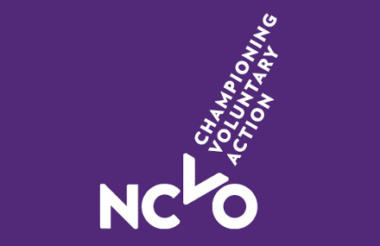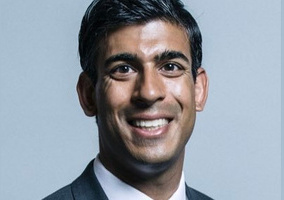Black and ethnic minority staff at NCVO are paid 25% less on average than their white colleagues, according to the organisation’s annual accounts.
This figure, calculated in April this year and based on the median pay gap, has not changed when compared with 2019. NCVO also set out how it plans to reduce the gap through more inclusive recruitment practices.
Charity leaders recommended earlier this year that charities should publish Black and ethnic minority (BAME) pay gap data.
NCVO's median gender pay gap was 8%, in favour of men, down from 12% last year. It had around 100 staff during the year, which is below the threshold requiring it to publish pay gap data.
The accounts also show that NCVO membership rose to 15,350 charities, up from 14,426.
Pay gaps
NCVO’s BAME pay gap, published for the first time, shows that 31% of its staff identify as BAME.
BAME staff are paid 25% less on average than white staff, according to the report. NCVO explained that this is because, although everyone on the same grade is paid the same salary, a much higher proportion of BAME staff work on lower grades.
NCVO says that has started changing how it recruits staff in a bid to attract more BAME candidates, particularly for higher-paid jobs.
The accounts show that female staff are paid 8% less on average than men, down from 12% last year.
NCVO says it plans to publish its disability pay gap in the future.
NCVO is 'listening and learning'
Sarah Vibert, the director of public policy and volunteering at NCVO said: “Publishing ethnicity pay gap data is an important step on the journey to becoming a more inclusive organisation.
“Of course, it cannot and should not be done in isolation and sits alongside much broader cultural change that will contribute towards making our organisation a more equitable and inclusive place to work.
“Our focus this year has been on listening and learning. With the support and challenge of our new EDI subcommittee, our focus is now turning to action.
“Putting into place more inclusive recruitment practices is a priority, but we are also acutely aware of the need to focus on creating a more inclusive culture.”
Finances
The accounts cover the year to 31 March 2020, just before the financial impact of the pandemic began to bite, and suggest that the umbrella body was in a relatively healthy financial position prior to the crisis.
NCVO’s overall income rose slightly to £9.1m, with a comparable increase in spending to £8.8m.
The accounts show that spending on education and training activities fell in 2019-20, from around £1.2m to £884,000, while expenditure on policy work rose from £457,000 to £535,000.
It has £2.8m in reserves, in line with its policy and covering costs of about four months.
Membership at the umbrella body was up 6% to over 15,000, with a retention rate of 96.9%.
Political influence
Looking at the coronavirus crisis, which did not start to impact the charity sector until after April 2020, the report argues that campaigning led by NCVO influenced the government’s decision to provide charities with financial support.
It says that, while the £750m package announced by the Treasury in April was “not enough to replace all of the lost charity income, it is widely acknowledged that without this campaign, the final amount agreed would have been lower”.
NCVO announced plans last month which would see 22 redundancies because of the financial impact of the pandemic. The organisation raised £1.9m last year from hiring out its conference facilities, according to the accounts, but social distancing rules have affected events income across the sector.
Related articles












